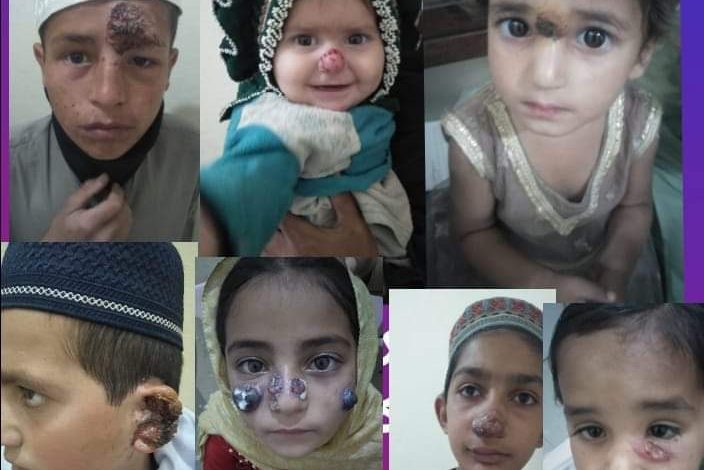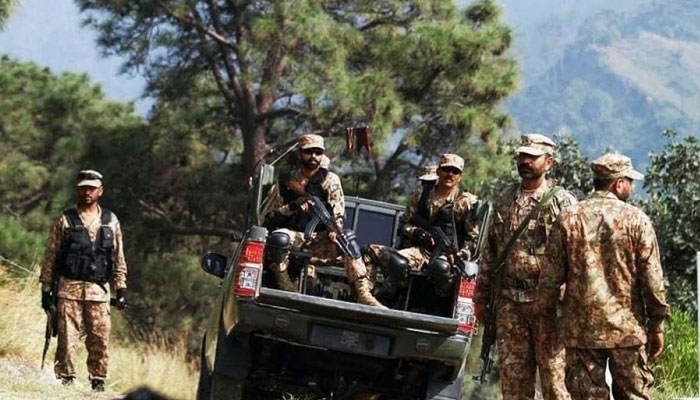
In Landi Kotal, one of the three tehsils in District Khyber, the number of children afflicted with Leishmania has surged past 500.
Shockingly, for the past eight months, the District Headquarters Hospital has been unable to administer even a single injection to patients, leaving families in despair. The health department's promises of assistance have fallen flat, with no vaccines available to treat the ailing children at the hospital.
The absence of vaccinations has taken a toll on the children, with their health rapidly deteriorating. Previously, Leishmania cases were managed with external aid, but the supply has dwindled, exacerbating the crisis.
District Health Officer Dr. Zafar Khan acknowledges the dire situation and has alerted the Directorate of Health Services Khyber Pakhtunkhwa. However, despite repeated notifications, no medication has been forthcoming.
According to Landi Kotal Hospital records, the total count of Leishmania-infected children stands at 530, with some officially registered and others not. Regrettably, even those registered cannot receive treatment or injections at the hospital's Leishmania center, compelling them to return home disheartened. Parents are pleading with higher authorities to intervene urgently.
Medical experts explain that Leishmania is transmitted through the bite of sand mosquitoes, resulting in rashes on children's faces, hands, and feet. These mosquitoes breed in stagnant water and fly close to the ground, necessitating precautions such as preventing children from sleeping directly on the ground and maintaining cleanliness in the surroundings. The resulting skin lesions can persist for up to a year, highlighting the severity of the health crisis.
2.jpeg)
1.jpeg)
09 Jul, 2025





1.jpeg)
09 Jul, 2025